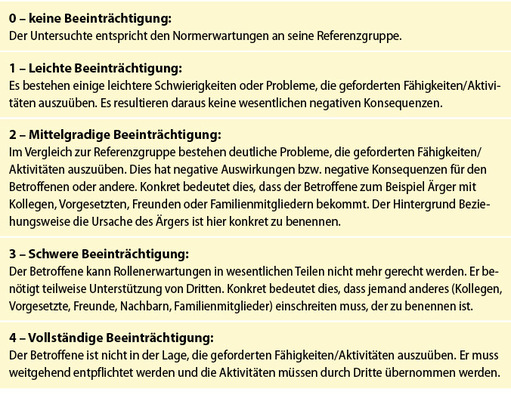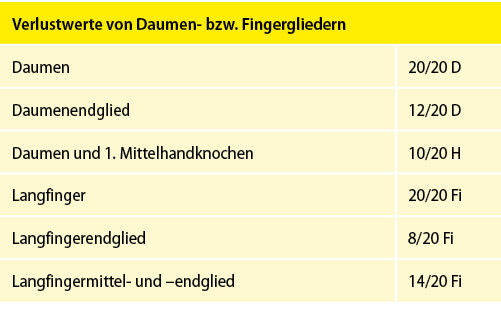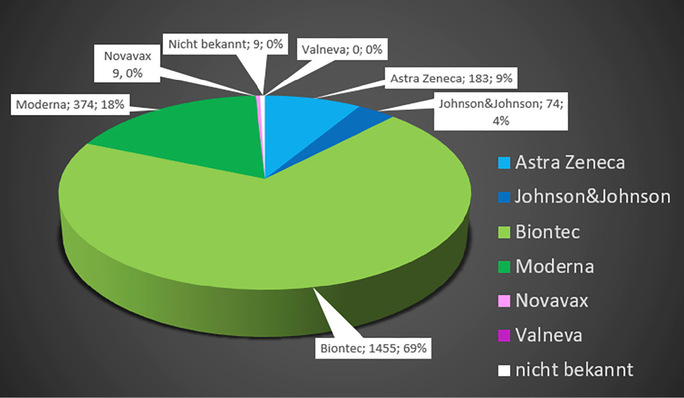Zusammenfassung
Der „Gesundheitsschaden“ ist Tatbestandsmerkmal der gesetzlichen Definition des Arbeitsunfalls. Gemeint ist damit ein unmittelbarer Gesundheitserstschaden. Bei Körperschäden ist dies die „Verletzung“, bei seelischen Störungen die psychische Traumatisierung. Ob organische Verletzung oder psychisches Trauma unmittelbare Symptome hervorbringen, ist für die Feststellung des Arbeitsunfalls unerheblich. Beeinträchtigungen von Gesundheit oder Erwerbsfähigkeit, die Verletzung oder Trauma nach sich ziehen, sind Unfallfolgen und bestimmen die Leistungen. Den Versicherungsfall begründen daher nicht erst die pathologischen Symptome einer posttraumatischen Belastungsstörung, sondern bereits die seelische Beeindruckung, die eine psychische Wirkung („Traumatisierung“) des versicherten Ereignisses anzeigt. Dafür sprechen rechtspraktische, rechtstheoretische und empirische Argumente. Träte der Gesundheitsschaden erst mit Krankheitssymptomen ein, ginge die Identität vom Tag des versicherten Ereignisses mit dem Tag des Versicherungsfalls verloren. Auf die Voraussetzung eines Erstschadens zu verzichten, beeinträchtigt die Logik der Argumentation und steht im Widerspruch zum Konzept der posttraumatischen Belastungsstörung als Traumafolgestörung.
Der Kausalitätsnachweis basiert auf Kenntnissen über die Ätiologie psychischer Störungen. Diagnosen und Diagnosesysteme sind dafür nur relevant, soweit sie ätiologisches Wissen zusammenfassen.
Schlüsselwörter Arbeitsunfall – Gesundheitsschaden – Erstschaden – PTBS – Beweis – Diagnose – Begutachtung
MedSach 117 1/2021: 15 – 27
Initial damage as a prerequisite for occupational accidents
Abstract
“Damage to health” is a constituent element of the legal definition of an occupational accident. What is meant here is immediate initial damage to health. This is “injury” in the case of physical harm, and psychological trauma in the case of mental disorders. Whether organic injury or psychological trauma produces immediate symptoms is irrelevant to the determination of an occupational accident. Impairments to health or ability to work that result from injury or trauma are the consequences of the accident and determine the benefits. The insured event is therefore not constituted by the pathological symptoms of a post-traumatic stress disorder, but by the mental impression which indicates a psychological effect (“traumatisation”) of the insured event. This is supported by legal practice, legal theory and empirical arguments. If the damage to health is constituted only by symptoms of illness, the identity of the day of the insured event would be lost with the day of the insured case. To dispense with the prerequisite of initial damage affects the logic of the argumentation and contradicts the concept of post-traumatic stress disorder as a trauma sequelae disorder.
The proof of causality is based on knowledge of the etiology of mental disorders. Diagnoses and diagnostic systems are only relevant here insofar as they summarise etiological knowledge.
Keywords occupational accident – damage to health – initial damage – PTSD – proof – diagnosis – expert opinion
Anschrift des Verfassers
Martin Forchert, Ass. jur.
Berufsgenossenschaft Holz und Metall
Werner-Bock-Straße 38–40
33602 Bielefeld




